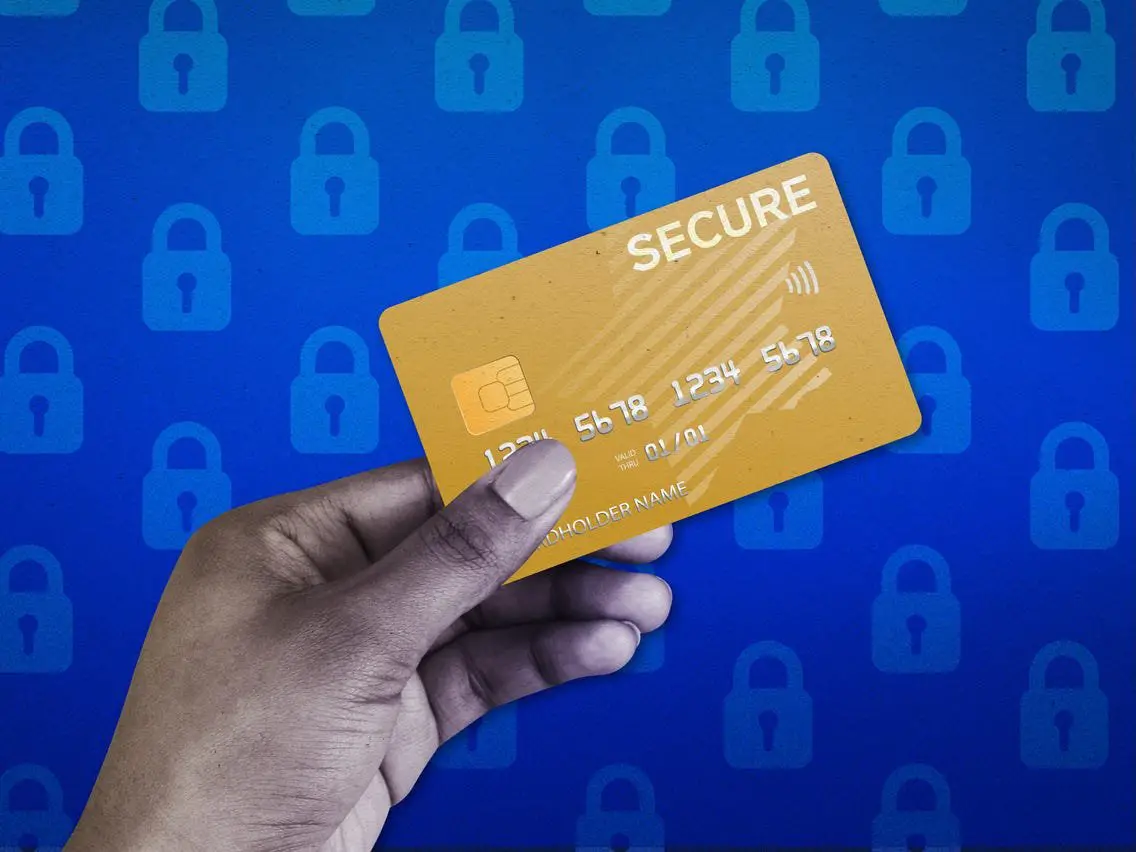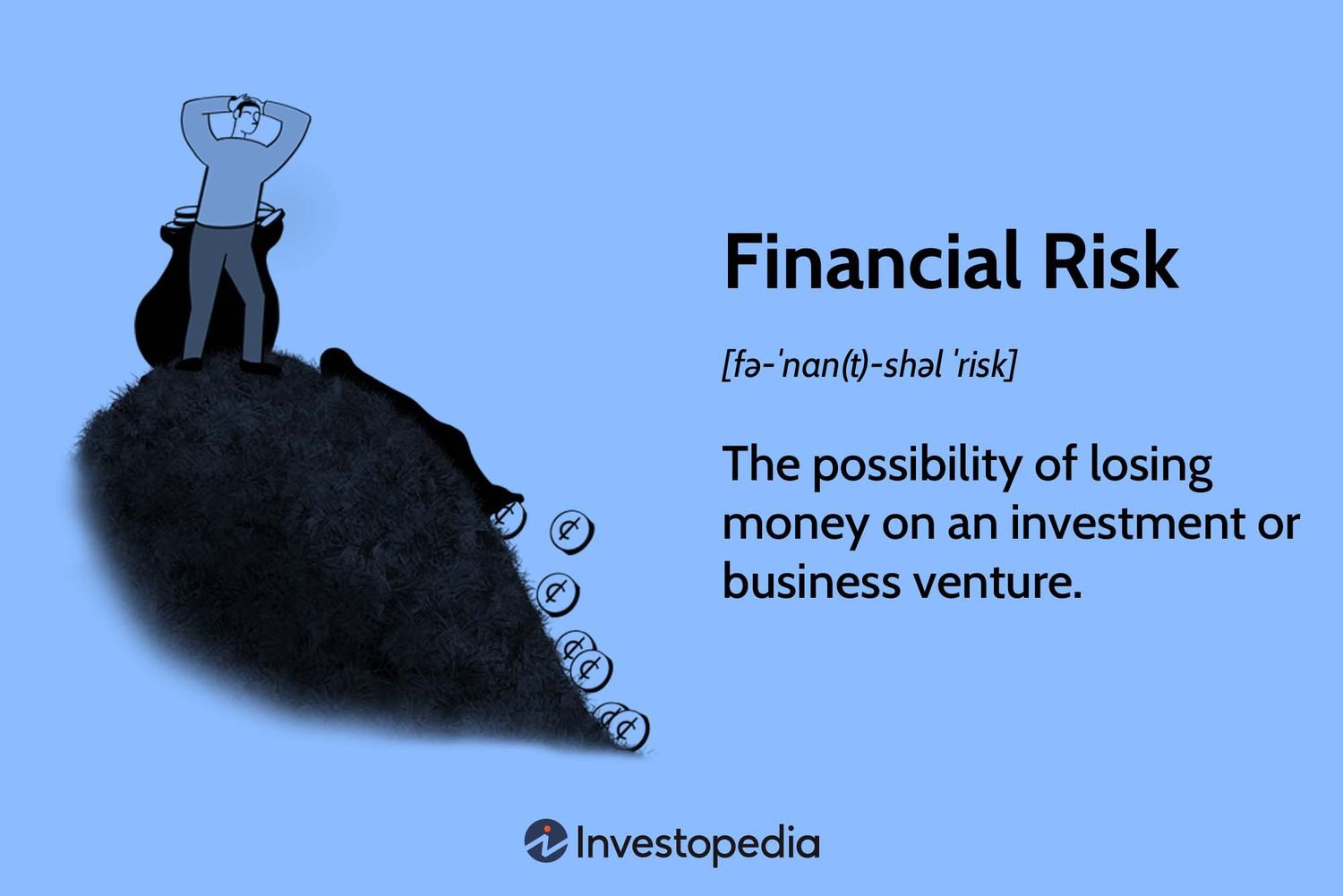Looking for a convenient way to build or rebuild your credit? A secured credit card might just be the answer. So, what is a secured credit card and its benefits? Well, imagine having a credit card that requires a cash deposit as collateral, which then determines your credit limit. It’s like having a safety net that helps you establish or improve your credit score. But the benefits don’t end there. With a secured credit card, you can enjoy the perks of convenience, flexibility, and the potential for credit growth. Let’s dive deeper into this financial tool and explore all its advantages. Excited? Let’s get started!
What is a Secured Credit Card and Its Benefits
Introduction
In today’s world, having a good credit score is essential for various financial activities, such as obtaining loans or renting an apartment. However, if you have a limited credit history or poor credit, it can be challenging to access traditional credit cards. This is where secured credit cards come into play. A secured credit card can be a valuable tool to help establish or rebuild your credit. This article will explore what secured credit cards are, how they work, and the benefits they offer.
Understanding Secured Credit Cards
Secured credit cards are a type of credit card that requires a cash deposit as collateral. The deposit acts as security for the credit card issuer in case the cardholder fails to make payments. The deposit determines the credit limit, typically ranging from 50% to 100% of the deposited amount. For example, if you deposit $500, your credit limit will usually be $500 or slightly more.
Unlike traditional credit cards, secured credit cards are not issued based on your creditworthiness alone. They’re often preferred by individuals with limited or poor credit history, such as students or those recovering from financial setbacks. Secured credit cards provide an opportunity to build or rebuild credit by demonstrating responsible borrowing behavior.
How do Secured Credit Cards Work?
Here’s a breakdown of how secured credit cards work:
1. Applying for a Secured Credit Card:
– Research and compare secured credit card options from different issuers.
– Choose a card that suits your needs, considering factors such as annual fees, interest rates, and any additional benefits.
– Submit an application with the required information, which typically includes personal details, employment information, and the desired deposit amount.
2. Making a Deposit:
– Once approved, you’ll need to make a cash deposit with the credit card issuer.
– The deposit amount usually determines your credit limit.
– The deposit is held in a separate account and will be refunded if you close the account in good standing or upgraded to an unsecured card.
3. Using the Secured Credit Card:
– After the account is funded, you can start using the secured credit card, just like a traditional credit card.
– Make purchases and repay the borrowed amount within the billing cycle to avoid interest charges.
– Ensure that payments are made on time and in full to build a positive credit history.
4. Building Credit History:
– The credit card issuer reports your payment activity to the major credit bureaus (Experian, Equifax, and TransUnion).
– Consistently making payments on time and keeping credit utilization low can help improve your credit score over time.
– Regularly monitor your credit reports to track your progress and address any errors or discrepancies.
The Benefits of Secured Credit Cards
Secured credit cards offer several benefits that can make them a valuable tool for individuals looking to establish or rebuild their credit. Let’s explore some of the key advantages:
1. Building Credit History
One of the primary benefits of using a secured credit card is the opportunity to build a positive credit history. By consistently making payments on time and keeping credit utilization low, you can demonstrate responsible borrowing behavior. Over time, this can help improve your credit score and increase your chances of obtaining other types of credit, such as loans or unsecured credit cards.
2. Credit Limit Flexibility
Secured credit cards offer flexibility in determining your credit limit. The credit limit is based on the deposit you make, allowing you to start with an amount that works for your financial situation. As you continue to use the card responsibly, some credit card issuers may offer periodic credit line increases without requiring an additional deposit.
3. Financial Discipline
Using a secured credit card requires financial discipline and responsible budgeting. Since you need to have enough funds to cover the deposit, it encourages you to manage your spending and prioritize your payments. This discipline can translate into better financial habits and improved money management skills.
4. Improved Credit Score
Secured credit cards can help improve your credit score by establishing a positive credit history. By making timely payments, keeping credit utilization low, and managing your overall credit responsibly, your credit score is likely to increase over time. A higher credit score can open doors to better credit opportunities and more favorable terms in the future.
5. Potential Upgrade to Unsecured Credit Card
With responsible use and timely payments, many secured credit card issuers may offer the opportunity to upgrade to an unsecured credit card. An unsecured credit card does not require a deposit, provides a higher credit limit, and often comes with additional benefits. This upgrade can further enhance your credit-building journey and provide access to a wider range of credit options.
6. Convenience and Payment Options
Secured credit cards offer the same convenience and payment options as traditional credit cards. You can use them for online purchases, travel, or any other transaction where credit cards are accepted. Additionally, most secured credit card issuers provide online account management tools, making it easy to track your transactions, monitor your balance, and make payments from the comfort of your home.
Secured credit cards serve as a valuable financial tool for individuals with limited or poor credit history. By providing a means to build credit, they offer a range of benefits that can help you establish a positive credit history and improve your financial standing. From flexibility in credit limits to potential upgrades to unsecured cards, the advantages of secured credit cards are significant. With responsible use and timely payments, you can unlock a brighter financial future and achieve your credit goals.
What Is A Secured Credit Card & How Does It Work? (EXPLAINED)
Frequently Asked Questions
Frequently Asked Questions (FAQs)
What is a secured credit card and how does it work?
A secured credit card is a type of credit card that requires a cash deposit as collateral. This deposit acts as a guarantee for the credit card issuer in case the cardholder fails to make payments. The credit limit offered is usually equal to the deposit amount. The cardholder can use the secured credit card to make purchases and build credit history, just like with a regular credit card.
What are the benefits of using a secured credit card?
Using a secured credit card comes with several benefits:
– Building credit history: Secured credit cards are a useful tool for individuals who need to establish or improve their credit history. By making timely payments and managing the card responsibly, cardholders can build a positive credit history.
– Accessibility: Secured credit cards are relatively easier to obtain compared to traditional credit cards, making them an accessible option for individuals with limited or poor credit history.
– Security: The deposited funds act as collateral, providing security for both the cardholder and the issuer. This lowers the risk for the card issuer and allows the cardholder to manage their spending within the available deposit.
– Upgrade potential: Responsible use of a secured credit card can lead to an upgrade to an unsecured credit card. Once the cardholder demonstrates good credit behavior, they may qualify for a regular credit card with a higher credit limit and additional benefits.
– Convenience: Secured credit cards often come with the same convenience and acceptance as regular credit cards. They can be used for online purchases, rental car reservations, and other transactions.
Can I get approved for a secured credit card with bad credit?
Yes, secured credit cards are designed for individuals with bad credit or no credit history. Since the cash deposit acts as collateral, the risk to the card issuer is minimized, making it easier to get approved. However, it’s always important to review the specific requirements of each card issuer, as some may have additional criteria.
How much should I deposit when applying for a secured credit card?
The deposit amount required for a secured credit card varies depending on the card issuer. Typically, the minimum deposit required is around $200, but it can be higher. Some card issuers may offer a credit limit higher than the deposit amount, but it’s essential to consider the individual’s financial capability when deciding the deposit amount.
What happens to my deposit with a secured credit card?
The deposit made for a secured credit card is held as collateral by the card issuer. It is not used to make payments toward the credit card balance unless the cardholder defaults. If the cardholder closes the secured credit card account in good standing or upgrades to an unsecured credit card, the deposit is typically refunded.
Do secured credit cards help improve credit scores?
Yes, responsible use of a secured credit card can help improve credit scores. Making timely payments, keeping credit utilization low, and managing the card responsibly can establish a positive credit history and demonstrate creditworthiness. Over time, this can lead to an increase in credit scores.
Can a secured credit card be used internationally?
Yes, many secured credit cards can be used internationally, just like regular credit cards. However, it’s essential to check with the card issuer about any specific fees or restrictions associated with international usage. Also, it’s advisable to inform the card issuer about international travel plans to avoid potential issues with card activity being flagged as suspicious.
Are there any drawbacks to using a secured credit card?
While secured credit cards offer numerous benefits, there are a few drawbacks to consider:
– Deposit requirement: Secured credit cards require a cash deposit, which can tie up funds that could be used for other purposes.
– Limited credit limit: Secured credit cards often have lower credit limits compared to regular credit cards, as they are tied to the amount of the deposit.
– Annual fees: Some secured credit cards may have annual fees, so it’s important to review the terms and fees associated with each card before applying.
– Variable interest rates: Secured credit cards may have higher interest rates compared to regular credit cards, so it’s crucial to pay off the balance in full each month to avoid unnecessary interest charges.
Final Thoughts
A secured credit card provides an opportunity for individuals with limited or poor credit history to access credit. By requiring a cash deposit as collateral, the card issuer minimizes the risk and approves applications more easily. This type of card can be a stepping stone towards building or rebuilding credit. Secured credit cards offer benefits such as convenience and flexibility, as they can be used for online purchases, travel, and everyday expenses. Additionally, responsible use of a secured credit card can help improve credit scores and establish a positive credit history. In conclusion, a secured credit card is a valuable financial tool for those looking to establish or rebuild their credit.



